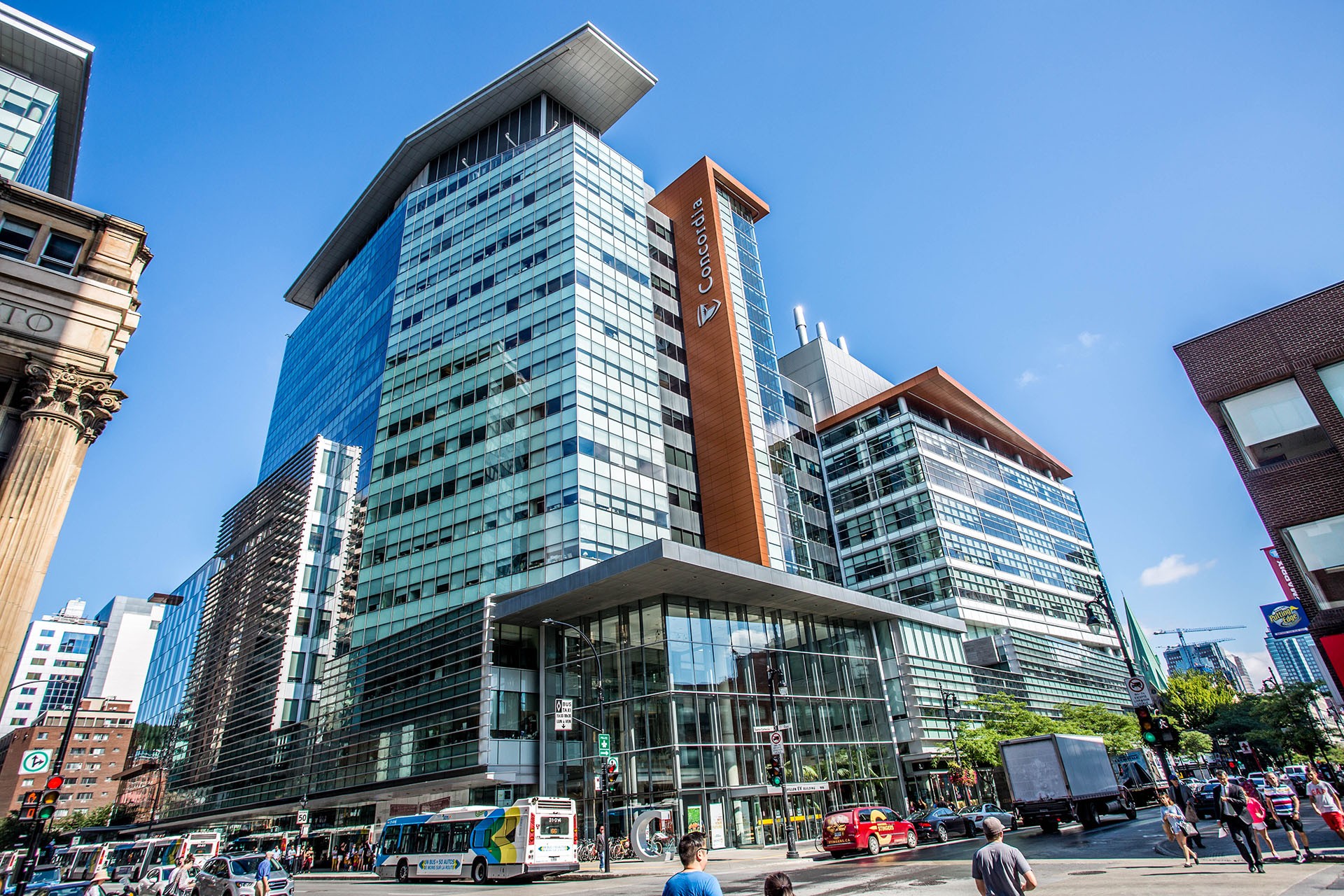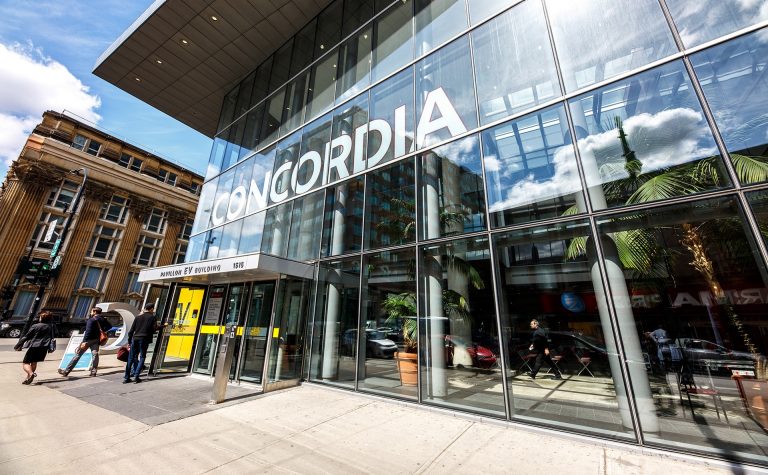Concordia University offers a Master of Arts (MA) program in Art Education. This graduate program is designed for individuals who are interested in advancing their knowledge and skills in the field of art education and preparing for leadership roles in art education settings.
Here is a general overview of what the Art Education program at Concordia University might include:
Core Courses: The program typically includes core courses that cover foundational topics in art education. These courses may cover subjects such as art education theories, curriculum development in art education, assessment and evaluation in art education, art education research methods, and the role of art in society. These courses provide students with a solid theoretical foundation in art education.
Specializations: The program may offer specializations or areas of focus within art education. Students can choose to specialize in areas such as art curriculum development, community-based art education, museum education, art therapy, or arts integration. Specialization courses allow students to deepen their knowledge and skills in their chosen area of focus.
Research and Inquiry: The program emphasizes research and inquiry in art education. Students learn research methodologies and engage in scholarly inquiry to explore current issues and trends in the field. They may have opportunities to conduct independent research projects or collaborate on research initiatives with faculty members or other students.
Pedagogy and Practice: The program addresses pedagogical approaches and instructional strategies specific to art education. Students explore innovative teaching methods, learn to develop effective art lessons and curriculum plans, and gain practical experience in art instruction. They may have opportunities to observe and participate in art classrooms, engage with diverse learners, and develop teaching portfolios.
Art and Social Justice: The program may incorporate discussions on art's role in addressing social justice issues. Students explore how art can be used as a tool for promoting equity, inclusivity, and social change. They critically examine the intersection of art, culture, identity, and social justice, and learn strategies for incorporating these themes into art education practice.
Professional Development: The program offers professional development opportunities to enhance students' skills and prepare them for leadership roles in art education. These activities may include workshops on curriculum design, assessment practices, educational leadership, advocacy for the arts, and professional ethics in art education. Students may also have opportunities to present their work at conferences, publish in art education journals, and engage in professional networking.
Field Experiences: The program may include field experiences or internships in art education settings. Students have opportunities to apply their knowledge and skills in real-world contexts, such as schools, museums, community organizations, or art studios. They work under the guidance of experienced art educators, gaining practical experience and building professional connections.
Thesis or Capstone Project: The program may require students to complete a thesis or a capstone project. The thesis option involves conducting original research in the field of art education, while the capstone project option allows students to apply their knowledge and skills to address a specific issue or problem in art education practice.
Please note that the specific courses, specializations, and requirements within the Art Education program may vary. I recommend visiting the official Concordia University website or contacting the university directly for the most accurate and up-to-date information about their Master's program in Art Education.
Show less














